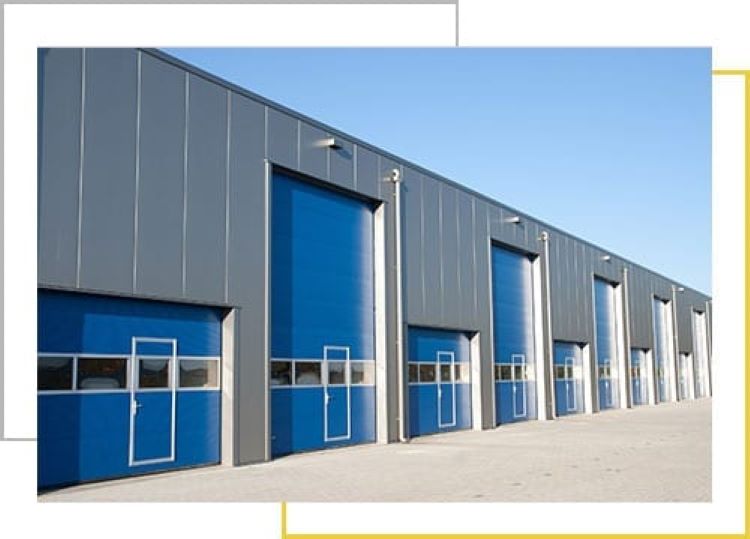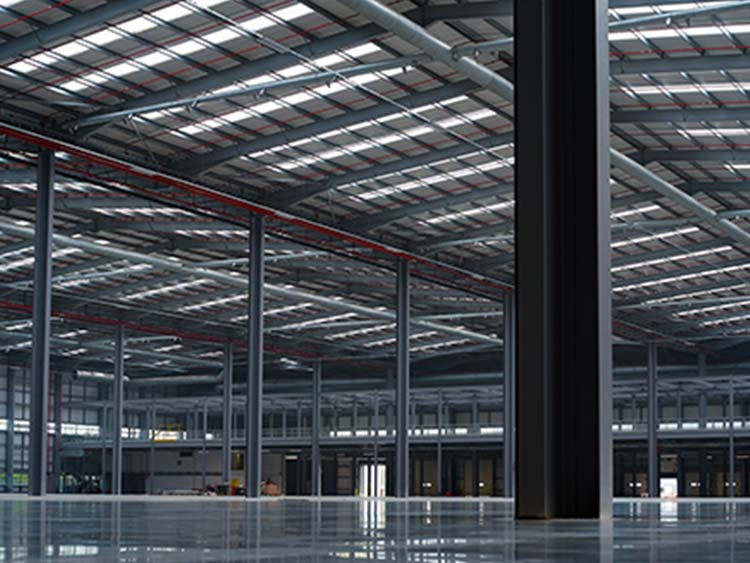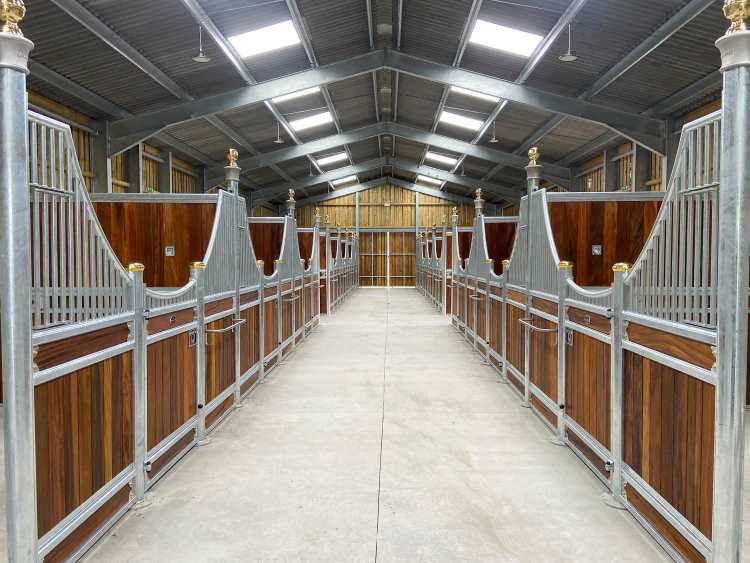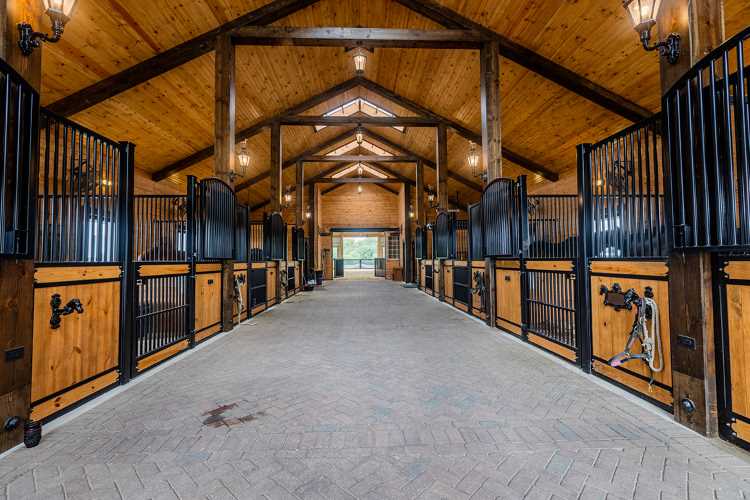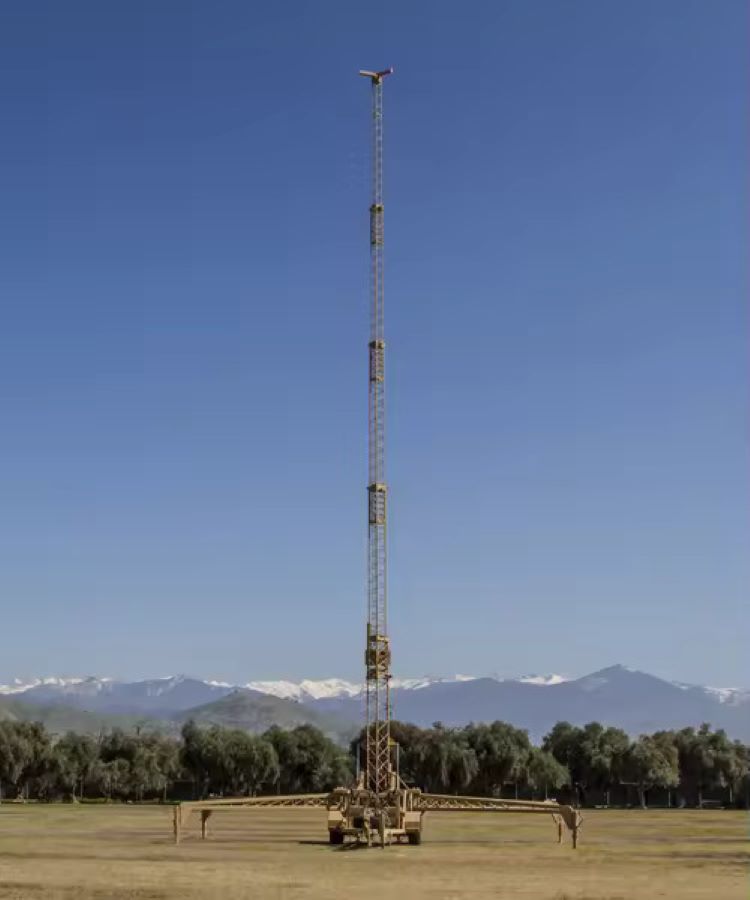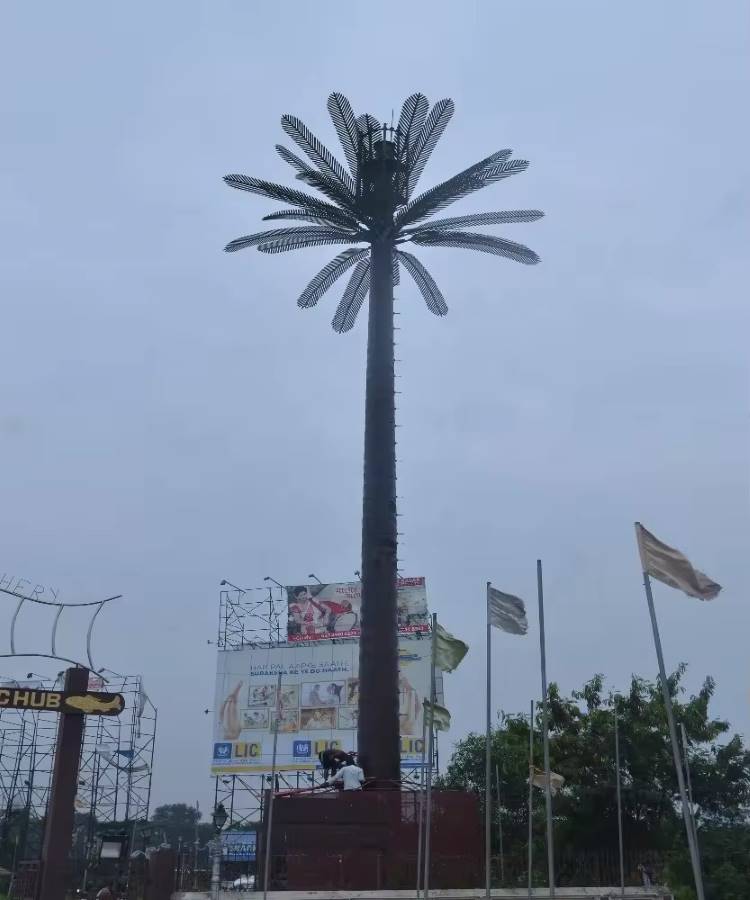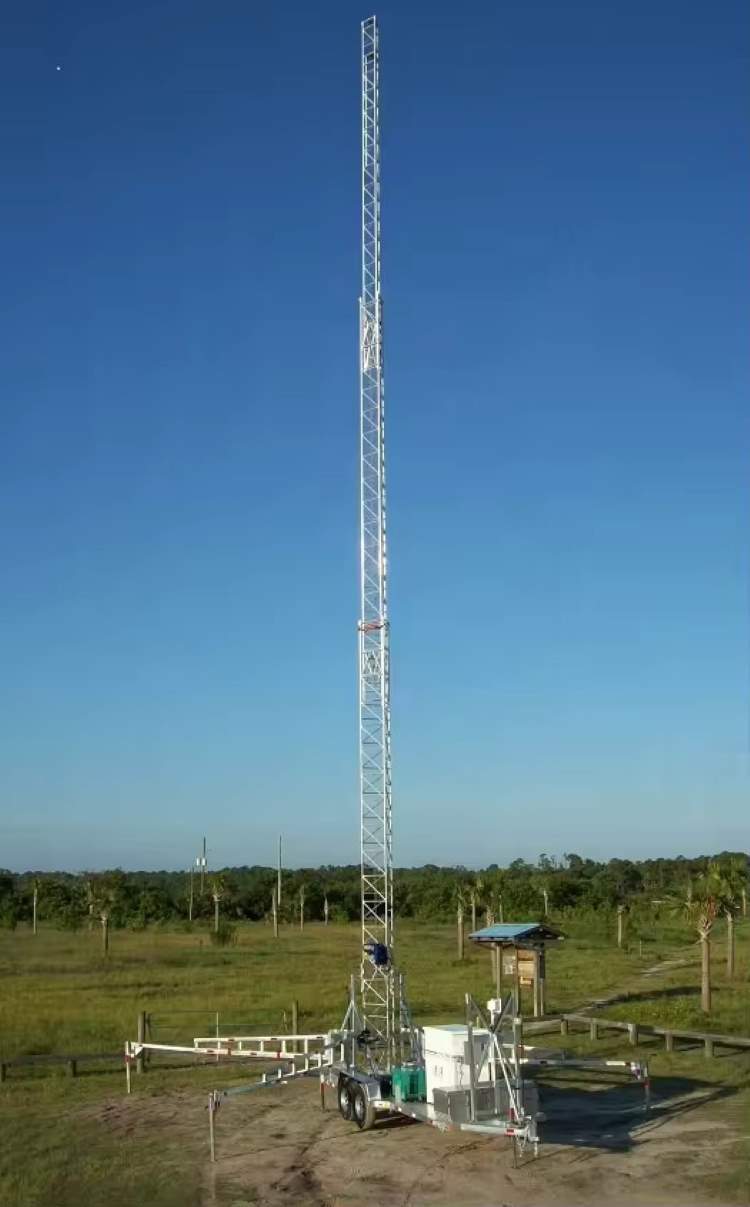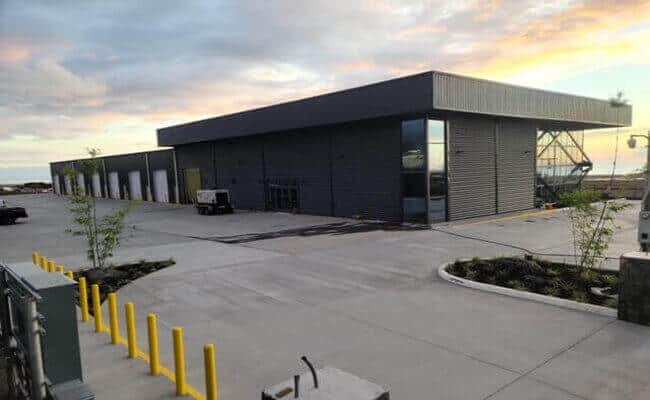3 Key Features Of Any Earthquake-Proof Building
No Pics.
3 Key Features Of Any Earthquake-Proof Building
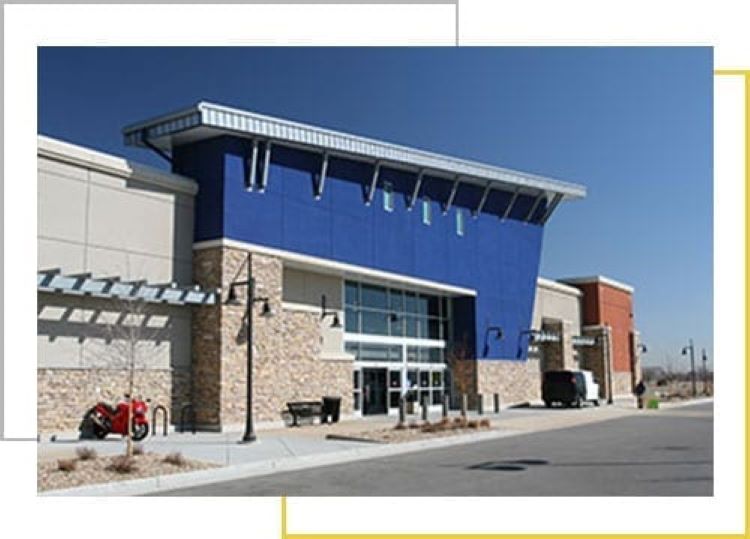
3 key features of any earthquake-proof building
3 key features of any earthquake-proof building
- Stiffness
- Foundations
- Materials
Stiffness and Strength
As compared to the horizontal movement, the structures can handle the vertical movements of the earthquakes better. The vertical stiffness and strength of the building is the primary focus since the building has to support itself. However, structures will shift right and left because of new directional forces of earthquakes and will destabilize if they are built incorrectly.
Foundations
Other conventional methods of stabilizing a building are damping and trusses. Damping is the process of eliminating as much energy as possible. When an earthquake hits a building, the dampers reduce the vibrations; therefore, the vibrations do not hit the building head-on. Trusses can divide the weight of the structure evenly across the foundation and decrease the impact of an earthquake’s vibrations. The webbed design of trusses makes sure that the building holds together under harsh weather; therefore, trusses are prevalent in cyclone-proof buildings.
Materials
Structural steel can withstand stress and movement, which is vital in building earthquake-proof buildings. That is why it is used for constructing earthquake-proof buildings for years. Moreover, structural steel is famous for its flexibility and can sustain considerable deformation before rupture. Bamboo and wood are also very ductile. They are used in constructing low-lying and smaller structures such as sheds, houses, and small civic buildings.
Reinforced concrete is concrete consisting of reinforcing steel bars (rebar), which turns a low ductile material into a higher one. Reinforced concrete, in combination with structural steel, helps create earthquake-proof buildings. Concrete is prone to crack and result in structural failure from ground vibrations without steel reinforcement.
ZHM Huawu Metal Buildings are renowned for building earthquake-proof buildings. Give us a call or fill up the contact form to get in touch.
Would you like to see more information and images of ZHM’s Metal Steel Structure Earthquake-Proof Building ? Visit our Photo Gallery.
 |
 |
 |
 |
| Reliable and Customized Designs | Cutting Edge Designing Process | Free Online Price System | Easy Bolt-by-number Assembly |
 |
 |
 |
 |
| Over Two Decades of Experience | Value For Money | Unmatched in Quality and Craftmanship | Excellent Customer Service |
HOW CAN WE HELP YOU?
ZHM’s world-class team — together with our raw material suppliers and subcontractors — works to solve your most challenging design, engineering, farbrication or construction issues.
Contact ZHM by telephone at +86 135-8815-1981 (wechat and whatsapp) or send us your questions via email to info@zhmsteelworks.com

